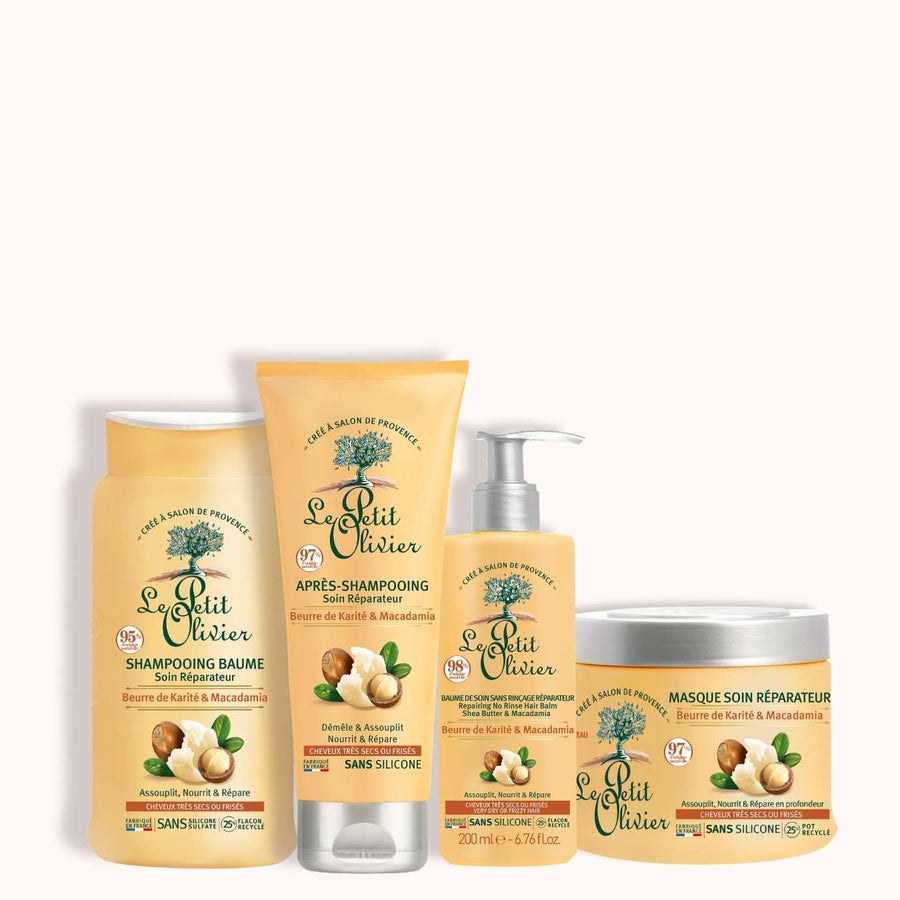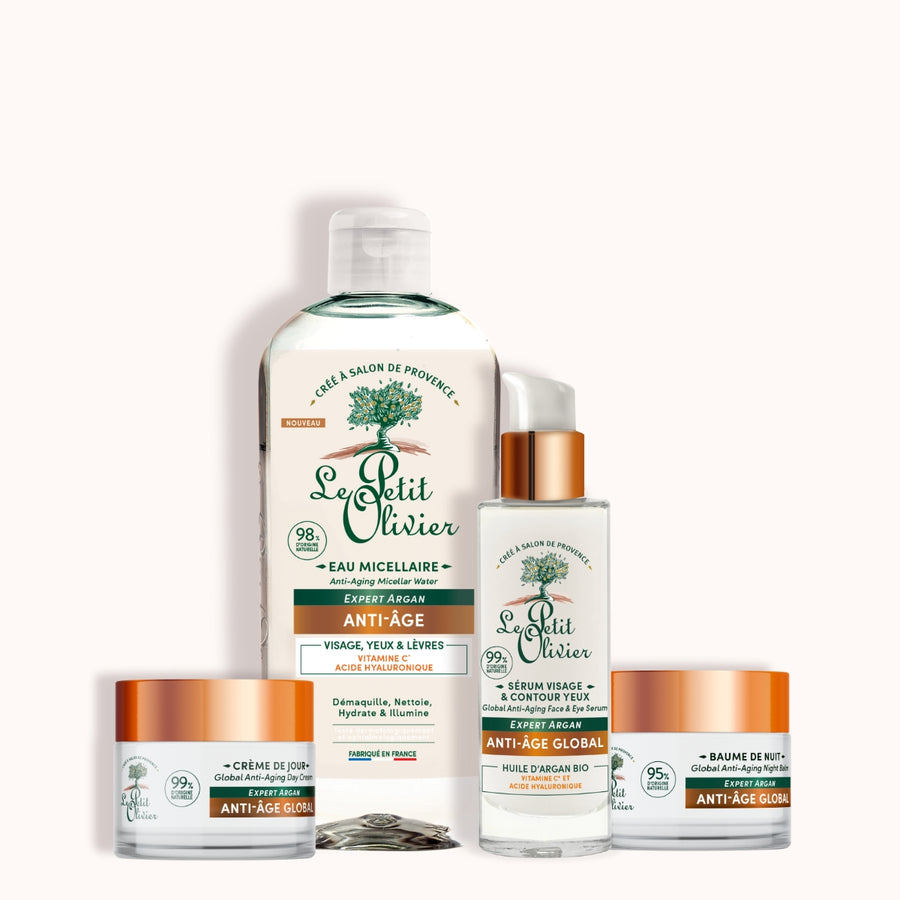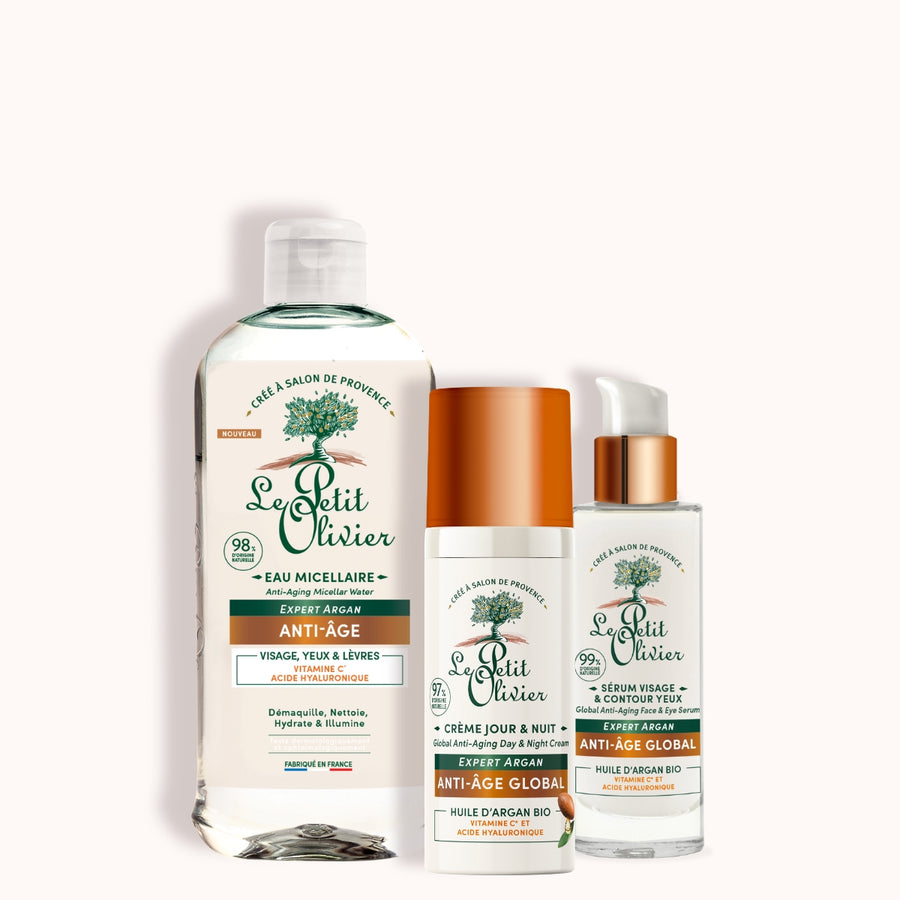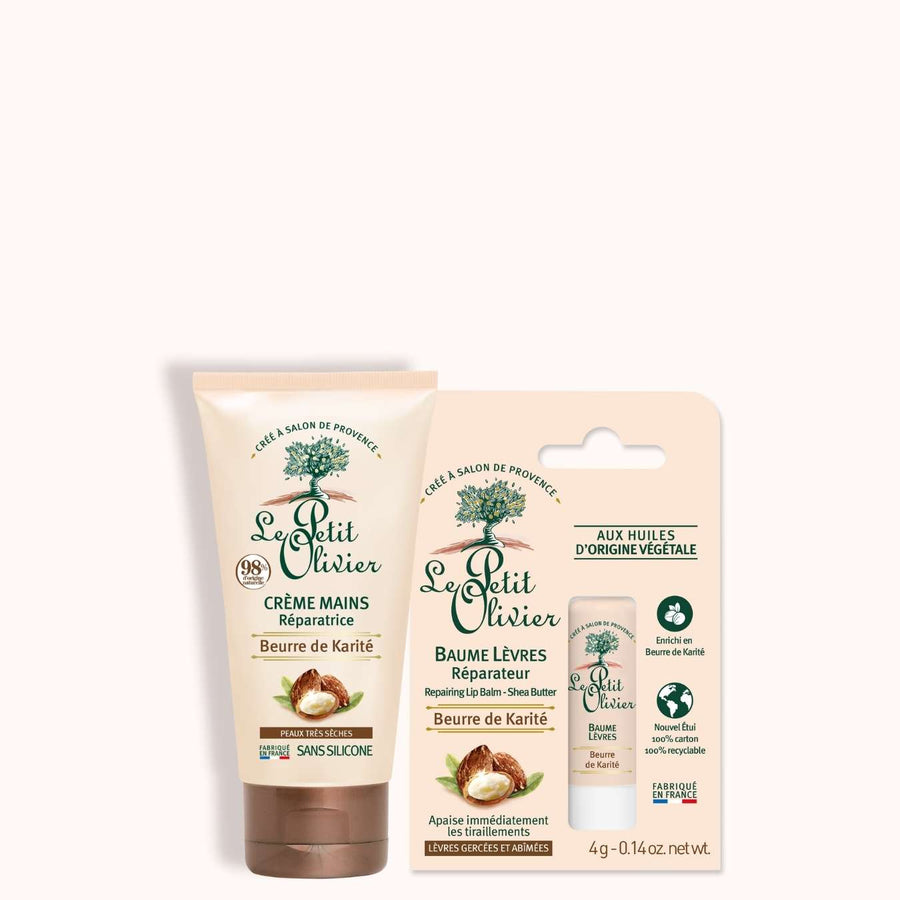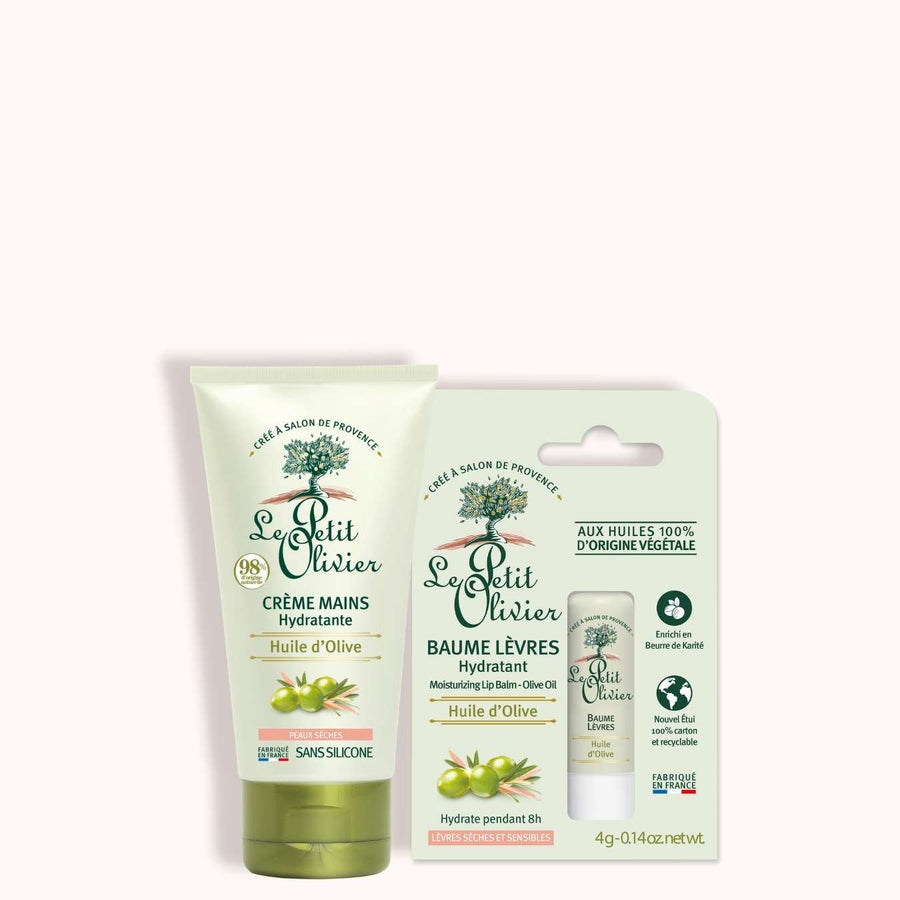The ideal frequency of shampoo use in a hair care routine
The quest for shiny, well-maintained hair inevitably involves a proper hair care routine. But how often should you use your shampoo? This seemingly trivial question is actually of vital importance to the well-being of your hair. On this page, we'll explore the various factors that influence this frequency, such as hair type and climatic conditions.
We'll also look at theimpact of too-frequentwashing on your scalp and how to adjust your practices according to your hair's specific needs. Finally, we'll look at integrating conditioners and other essential treatments to complete your hair routine. Get ready to discover valuable tips that will help you optimize the use of shampoo on a daily basis.

Understanding the ideal frequency of shampoo use
Factors influencing shampoo frequency
How often you should wash your hair depends on a multitude of factors that vary from person to person. The condition of your scalp plays a key role: an oily scalp may require more frequent washing, while a dry scalp may benefit from more frequent washing to avoid irritation. Your lifestyle also influences this frequency: intense physical activity or regular exposure to urban pollution can increase the need for cleansing.
It's crucial to take your hair type into account. Fine, fragile hair will often settle for less frequent washing, to preserve its delicacy, while thick or curly hair may be better able to tolerate more spaced-out washes to maintain its natural moisture.

The consequences of frequent shampooing
Washing your hair too frequently can have undesirable long-term effects. Excessive washing can strip your hair and scalp of essential natural oils, leading to excessive dryness and increased sensitivity. This practice can also stimulate the sebaceous glands to produce more sebum to compensate for this loss, creating a vicious circle where your hair becomes greasy more quickly.
What's more, repeated shampooing can weaken the hair fiber, making it more vulnerable to external aggressors such as wind and sun. So it's vital to adapt shampooing frequency to the specific needs of your hair and the surrounding climate.
Ideal shampooing frequency for different hair types
Oily hair: adjust wash frequency
Oily hair, often characterized by excessive sebum production, requires special attention to avoid the "heaviness" effect that can quickly appear. For these hair types, more frequent washing may be necessary. However, it's crucial to avoid aggressive shampoos that could exacerbate sebum production. Instead, opt for gentle, balancing formulas that respect the scalp while regulating its natural production.
Consider incorporating a purifying shampoo into your weekly routine to eliminate accumulated residues and restore lightness to your hair. This can be particularly beneficial if you use styling products regularly. As a complement, alternate with a frequent-use shampoo to maintain freshness without stressing your scalp.

Dry or damaged hair: space out shampoos
For dry or damaged hair, the strategy is different. These types of hair tend to lack moisture and can suffer more from frequent washing, which eliminates their natural protective oils. It is therefore advisable to space out washing sessions to a maximum of twice a week to preserve the hair's integrity.
Using a shampoo enriched with lipid-replenishing active ingredients is a good way to nourish and protect your strands. In addition, avoid rinsing with water that's too hot, as this can further dry out your already fragile lengths. And don't forget to incorporate rich conditioners or moisturizing masks into your routine to add softness and shine to your hair.
Impact of shampoos on the scalp
Maintain scalp balance with the right frequency
The scalp, a veritable living ecosystem, requires special attention to maintain its delicate balance. Every wash should be a moment of care, with the right products chosen to respect this sensitive zone. Frequent shampooing can upset this balance by eliminating the natural oils essential to its protection. So it's crucial to adopt a washing frequency that preserves this harmony.
Remember to include mild shampoosshampoos, free from aggressive sulfates, into your hair care routine to cleanse without aggressing. These formulas help preserve the hydrolipidic film that protects and naturally moisturizes the scalp. By judiciously adjusting the frequency of washing, you provide your scalp with an environment conducive to regeneration.
Identifying signs of scalp aggression
Knowing how to detect the warning signals sent by your scalp can save you a lot of trouble. An irritated scalp often manifests itself as persistent itching, a feeling of discomfort or the appearance of unsightly flakes. These symptoms reveal an imbalance often caused by excessive or poor-quality washing.

To remedy this discomfort, use soothing, moisturizing active ingredients in your hair care products. Avoid vigorous massaging when shampooing, which could exacerbate irritation, and opt for gentle drying without excessive heat to avoid aggravating the situation. Remember, every gesture counts in restoring comfort and serenity to your scalp.
Shampoo and hair routine: integrating conditioners and treatments
The importance of conditioners in wash frequency
To enhance your hair routine,conditioner is an essential ally. It acts like a soothing balm, complementing shampoo to bring softness and suppleness to your hair. Did you know that this treatment is particularly beneficial for long or curly hair? It facilitates detangling by lubricating the hair fiber, reducing the risk of breakage when brushing.
Choosing the right conditioner for your specific needs can transform your hair experience. Opt for formulas enriched with protective active ingredients that gild the hair and seal in moisture. Not only does this help maintain radiant shine, it also prolongs freshness between washes. Regularly incorporating this element into your routine could well be the key to radiant hair.

Change the frequency of shampoo use according to the season
Adapting hair washing to winter conditions
Winter, with its dry air and freezing temperatures, calls for a well-thought-out hair routine. Did you know that heated indoor air can be just as drying as the cold outside? To counteract these effects, it's a good idea to space out your washes to preserve the natural oils that protect your hair. Washing twice a week may be enough to maintain your hair's hydrolipidic balance.
Remember to opt for shampoos enriched with lipid-replenishing active ingredients, capable of intensely nourishing and reinforcing the hair's natural protective barrier. As a complement, don't forget to use a rich, moisturizing conditioner to seal in moisture.
Shampoo frequency in summer: managing heat and humidity
Summer brings its share of hair challenges, with the bright sun, salty seas and chlorine from swimming pools. These elements can dry out your hair and alter its texture. To maintain radiant hair, consider slightly increasing the frequency of washes if necessary, especially after a day at the beach or pool.
But be careful not to overdo it! Choosegentle shampoos that gently remove impurities without stressing your scalp. Formulas containing protective active ingredients are ideal for creating a shield against harmful UV rays, while preserving the natural shine of your strands. Don't hesitate to use a sun protection spray for your hair before any prolonged exposure to the sun.
Tips for optimizing the frequency of shampooing in your hair routine
Use products adapted to your hair type
Choosing the right shampoo can transform your hair routine into a real care ritual. Each hair type has its own particularities and requires specific attention. For example, curly hair will appreciate moisturizing formulas that define curls while reducing frizz. Fine hair, on the other hand, will benefit from a light volumizing shampoo that doesn't weigh down the fiber.
For those of you struggling with an oily scalp, opt for balancing products capable of regulating sebum production without drying out your lengths. A good product should not only cleanse, but also nourish with active ingredients tailored to your specific needs.

Listen to your hair's specific needs to adjust your routine
Your hair speaks to you, so learn to listen to its signals. Observe how it reacts after each wash: does it look dull or lack volume? These clues will help you adjust your shampoo frequency and select appropriate complementary treatments.
Don't forget that climatic changes also influence your hair's needs. In winter, wash your hair less frequently to preserve its natural moisture in the dry cold. In summer, adapt your routine according to sun exposure and repeated bathing. By paying close attention to the signs your hair sends out, you can fine-tune your routine for radiant hair all year round.
We recommend these other pages:



